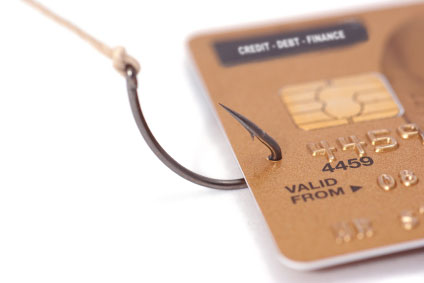Online Travel: Cybersecurity Threats and How to Prevent them

Introduction
No online travel business today can afford to overlook the threats posed by cyber crimes. In fact cyber criminals are always on the prowl and are looking for an opportunity to steal money either directly or by selling useful information. So once you take your business online providing customers with a booking platform, it naturally becomes vulnerable to cyber attacks if you are not aware and vigilant towards it.
Even more important to keep in mind is that if your online booking portal is susceptible to cyber threats and your customers realize that their identity is not safe or your payment gateway is not secure enough, it is very likely that they will book their travel on another booking portal that assures security in terms of their money or identity.
So what are the major cyber threats out there and what measures should you take to protect yourself?
1) Malware
It includes all kinds of Trojans, viruses and worms and attacks a system through email attachments, software downloads or operating system vulnerabilities.
Preventive Measures:
-
-
- Keep your system’s anti-virus or rather security software updated.
- Avoid downloading email attachments from any unknown sources.
-
2) Phishing

Phishing emails request for data that appears to come from your trusted third party. They ask you to enter your personal data by asking you to click on a link that takes you to a dummy site similar to the original that you often use and then steal your personal information. They are so sophisticated nowadays that it is difficult to discern the legitimate website from the fake one.
Preventive Measures:
- So if you have a doubt over a specific email, simply make an independent search online for the company’s phone number to confirm about any such email. Always cross check with the institute which is asking for your sensitive information.
3) Password Theft

As the name suggests, cyber criminals use all kinds of password combinations simply to crack your password and access your system. Password attackers use a software to guess all possible passwords.
- Creating strong passwords is very important . Use uppercase and lower case letters, symbols and numbers, to make it difficult for the attacker to guess it.
- Avoid using long words from the dictionary as they are very easy to crack.
- Keep changing your password at regular intervals.
4) DOS or Denial Of Service Attacks

In this type of an attack, your travel portal might be bombarded with huge amounts of bot traffic until your internet connection becomes overloaded and so your business is
disrupted and your portal becomes non functional. Another variation of this kind of attack is DDOS which is Distributed denial of service where many computers are used to overload your network.
Preventive Measures:
- Updating your system’s security regularly is very crucial.
- Online monitoring of data flow for any unusual spike in traffic will help you handle the situation before it goes out of hand.
- Unless you are a big OTA, such an attack will be rare.
5) M.I.T.M.
Man-in-the-middle is a very serious problem because it is a person in between a consumer and an organisation. Suppose it is your customer and the bank which he uses for transactions and making bookings online, this person in between impersonates a bank to the customer and as a customer to the bank and steals all the sensitive information from both the ends.
Preventive Measures:
-
-
- Here, the key is to use encrypted wireless access points that use WPA security.
- Use an https connection where ‘s’ stands for ‘secure’ because https verifies the identity of the website you are going to use.
-
6) Drive-by download
Just by visiting even a legitimate website, a malware gets downloaded to your system and it exploits the vulnerabilities of the operating system or in other programs on your system.
Preventive Measures:
-
-
- Keep your operating system and other programs updated.
- Avoid using too many browser add-ons as they may facilitate a security breach.
-
7) Payment Fraud

This is the most common type of online fraud. Customers are under a grave threat of losing their money and even personal property while making payments online through credit/debit cards. Hackers pose to be legitimate representatives of banks asking for sensitive information like credit card details through emails, instant messaging or phone calls.
Preventive Measures:
- Make sure that you encrypt transactions and emails containing confidential information.
- Run security checks regularly using updated anti-virus software.
- Integrate only verified payment processors.
So to keep your travel business safe and to avoid losing customers it is very important to be vigilant about any cyber threats to your growing online business even if it means to be adding to your costs.









2 Responses
[…] cyber security systems such as 3D secure and OTP (one-time-passwords) have significantly reduced online fraud. Mobile wallets are replacing physical wallets and provide travelers a convenient option to make […]
[…] in the form of the large volume of transactions that take place each day across the world, and cybersecurity threats loom […]